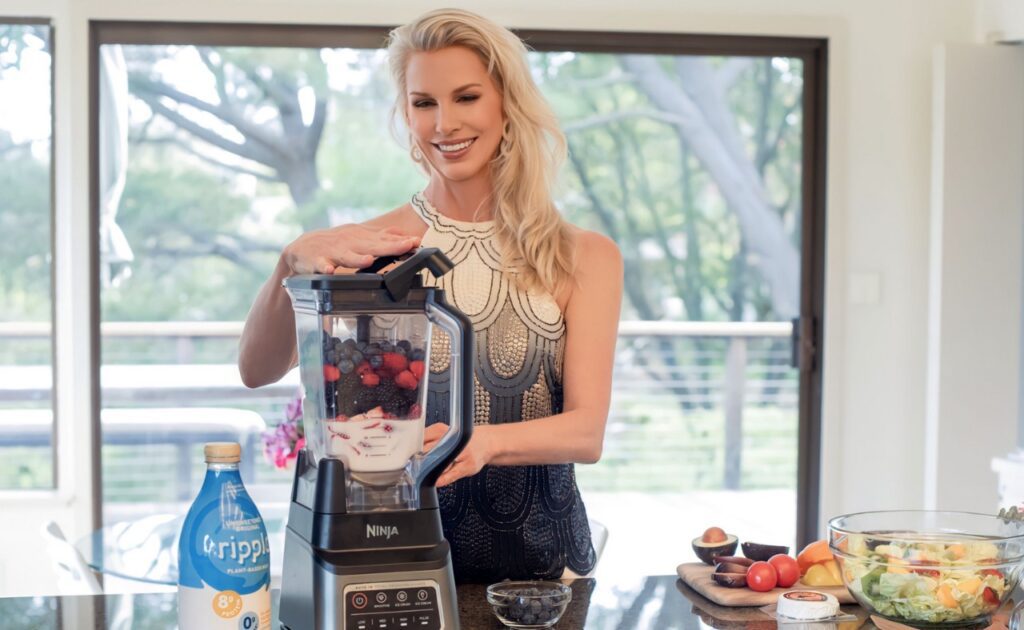As a surgeon, one of my greatest responsibilities is spreading the word about good health. That means sharing the practices that have been proven to help people live long and healthy lives. Here are some of my essential tips to enhance your well-being.
Lead with Positivity
Positivity is infectious, as is negativity. Positivity drives constructive thinking, produces rewarding emotions and community-focused behaviors, such as kindness and generosity. Research has shown that positive emotions improve physical health, decrease stress, extend longevity and produce joy and satisfaction. Positivity can be easy to achieve – start with small steps:
- Smile at others
- Say hello to passersby
- Hold the door for someone
- Celebrate other people’s wins
Be Present in Every Situation
Being present nurtures richer, more meaningful connections with the people around us. It encourages active, empathetic listening and deeper understanding, cultivating stronger bonds and mutual acceptance.
Also, being present supports our community. People love to share stories about themselves. Researchers have found that when people talk about themselves, the brain reward center lights up. Sharing about yourself is even more meaningful when your audience is really listening.
Prioritize Self-Care and Wellness
Pursuing self-care is as important as caring for others, helping you avoid burnout, manage stress and feel rejuvenated. Here are several common self-care activities:
- Exercise
- Sleep in occasionally (and/or go to bed early)
- Spend quality time with yourself
- Say no to things you don’t want to do
- Walk in nature
- Call old friends
- Reflect on fond memories
- Appreciate art and music

Meet People Where They Are
Another aspect of being present is meeting others where they are. In other words, set aside your agenda, beliefs, timeline or expectations. Ask questions, listen, learn, seek understanding and tailor your responses.
I practice this when meeting new patients, describing surgical recovery and setting expectations. Many people experience an emotional-roller coaster after surgery. Hearing them out helps manage those normal ups and downs.
Practice Mindfulness
Mindfulness improves relationships, reduces stress, enhances focus, helps manage anxiety, boosts emotional intelligence and promotes self-appreciation. Techniques include monotasking (focusing on a single task or conversation), journaling, box breathing, meditating, or spending time with a loved one.

Practicing Gratitude
Recognize and practice gratitude towards the people around you – and yourself. I am grateful for my innate skills, family, friends, colleagues and patients who help make each day meaningful. Gratitude improves mental health and relationships with others, boosting your wellbeing and reinforcing positivity.
Cultivate Healthy Eating Habits
Food is fuel, providing energy and nutrients for your brain, heart, lungs, muscles and other organs. I learned early in life which foods sustain me: proteins, healthy fats and vegetables – I eat dinner for breakfast. Simple carbohydrates are a recipe for hypoglycemia, energy peaks and corresponding valleys.
I also love making healthy smoothies and try to eat well to get the energy I need to provide excellent patient care and be an engaged mother and spouse.

Develop a Regular Exercise Routine
Finding exercises you enjoy will challenge you and keep you coming back for more. I love barre workouts.

On the weekends, I ski in the winter and swim or run in summer. I move my body every day, even if it is just walking our Golden Retriever, Gordy. Exercise releases endorphins, keeps joints lubricated and makes us strong.
A lot of this is just simple physics: objects in motion remain in motion. If we actively pursue mindfulness, kindness, gratitude, self-care and all the other things, they will become second-nature. We remain in motion and reap lifelong benefits.
